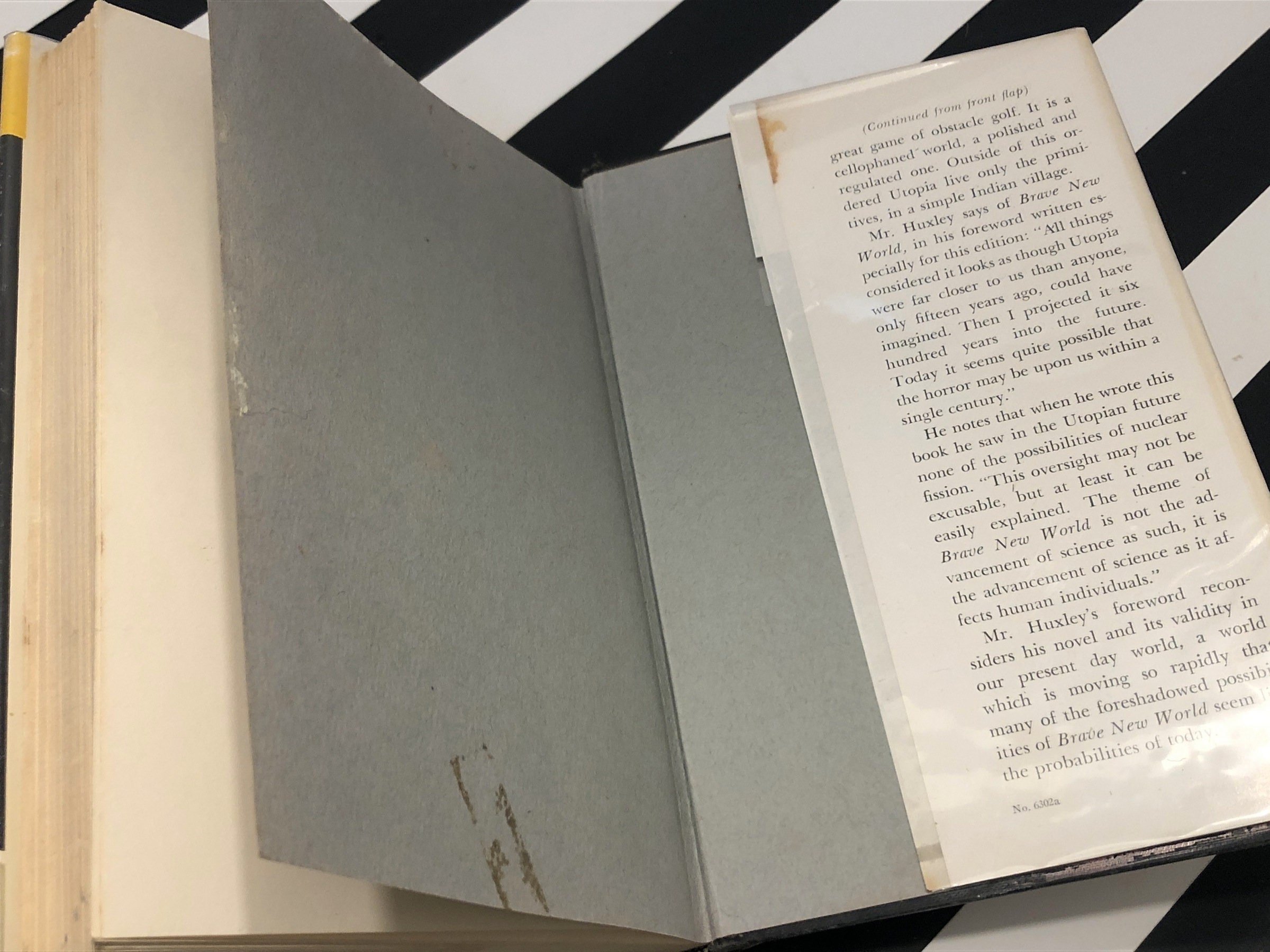
Startling in the degree of its vision, written in its time, and also in the way it provides very few easy answers, other than Huxley’s own strangely dissatisfying post-war 1940s argument-antidote of a banal middle ground between savagery and civilization. It is the horror of utopia, all our social dreams answered. Reading it now, with a greater awareness of the world, recent history, and contemporary politics and art. Huxley died in California on 22 November 1963.The last time I read this book was thirty or so years back, in my teens, and from then I would have described it as being a ‘dystopic novel’.


His beliefs found expression in both fiction ( Time Must Have a Stop,1944, and Island, 1962) and non-fiction ( The Perennial Philosophy, 1945 Grey Eminence, 1941 and the account of his first mescaline experience, The Doors of Perception, 1954). The exploration of the inner life through mysticism and hallucinogenic drugs was to dominate his work for the rest of his life. As the West braced itself for war, Huxley came increasingly to believe that the key to solving the world's problems lay in changing the individual through mystical enlightenment.

In 1937, at the height of his fame, Huxley left Europe to live in California, working for a time as a screenwriter in Hollywood. The great novels of ideas, including his most famous work Brave New World (published in 1932, this warned against the dehumanising aspects of scientific and material 'progress') and the pacifist novel Eyeless in Gaza (1936) were accompanied by a series of wise and brilliant essays, collected in volume form under titles such as Music at Night (1931) and Ends and Means (1937). For most of the 1920s Huxley lived in Italy and an account of his experiences there can be found in Along the Road (1925). This was swiftly followed by Antic Hay (1923), Those Barren Leaves (1925) and Point Counter Point (1928) – bright, brilliant satires in which Huxley wittily but ruthlessly passed judgement on the shortcomings of contemporary society. He began writing poetry and short stories in his early 20s, but it was his first novel, Crome Yellow (1921), which established his literary reputation. Aldous Huxley was born on 26 July 1894 near Godalming, Surrey.


 0 kommentar(er)
0 kommentar(er)
